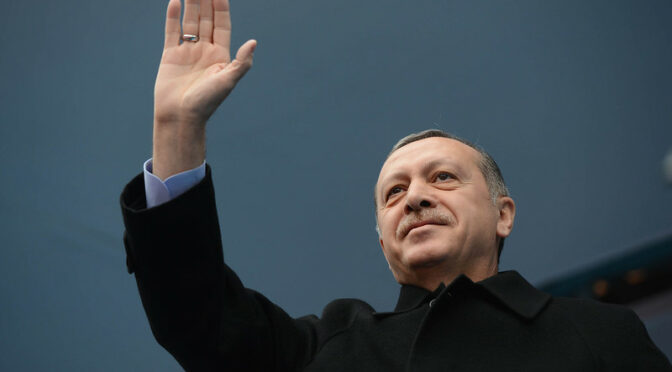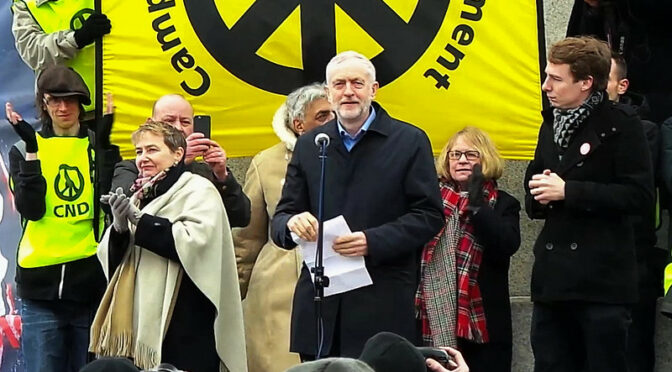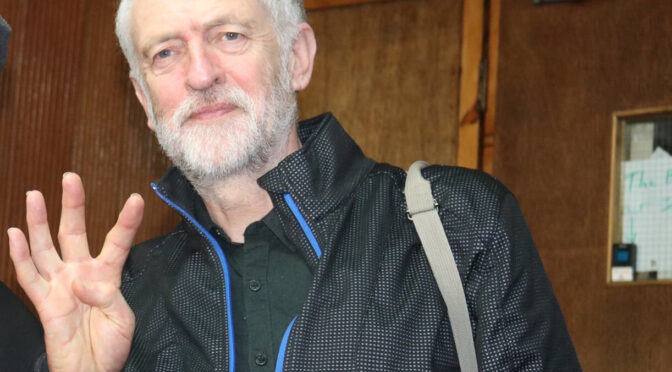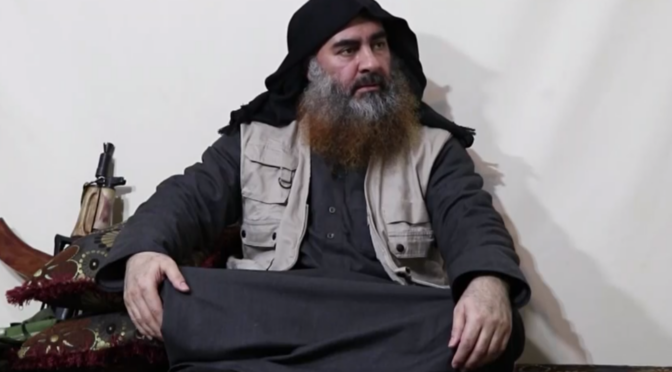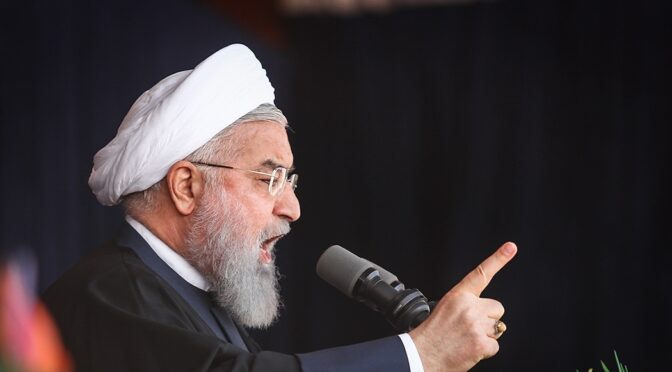Article published in The Jerusalem Post, 26 December 2019. © Richard Kemp
The ICC chief prosecutor’s hand is now controlled by organizations linked to the 3rd Reich.
SS Reichsfuhrer Heinrich Himmler, architect and director of the Holocaust, would be proud of the latest move by Fatou Bensouda, Chief Prosecutor of the International Criminal Court. Intent on the total elimination of the Jewish race, Himmler supported Amin al-Huseini, Grand Mufti of Jerusalem, in his plans to eradicate the Jews in Palestine.
Now Bensouda and the ICC have joined the international campaign aimed at eliminating the Jewish state, led by al-Huseini’s successors. In a grotesque inversion, the ICC, heir to the Nuremberg war crimes tribunal, has become a propaganda weapon of anti-Semitic hate. This represents a shameful betrayal of its honourable anti-Nazi progenitor. Its path more closely resembles that of the Nazis’ notorious People’s Court, the Volksgerichthof, than the Nuremberg trials.
Nuremberg laid low many of the Nazi monsters that perpetrated the Holocaust. The ICC chief prosecutor’s hand is now controlled by organizations linked to the 3rd Reich. The Palestinian Centre for Human Rights, Al-Haq, Addameer and Al-Dameer, Palestinian NGOs backed by EU and Swiss funds, have been lobbying the ICC to bring prosecutions against Israel for more than a decade according to the Israeli research institute NGO Monitor. All are connected to the Palestinian group PFLP whose founding leaders in the 1970s were trained in terrorism and political warfare by former SS Colonel Otto Skorzeny and Dr Gerhard Hartmut von Schubert, once of Josef Goebbels’s propaganda ministry. Continue reading

